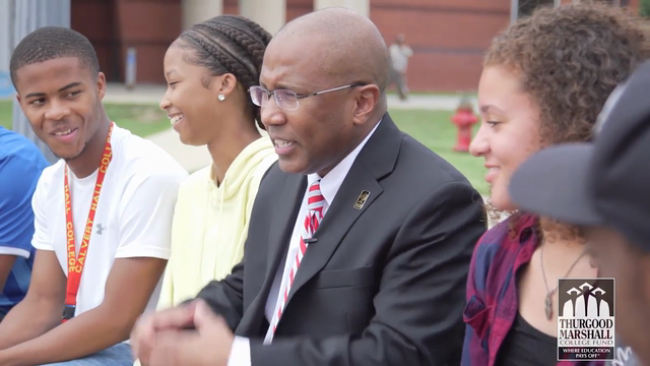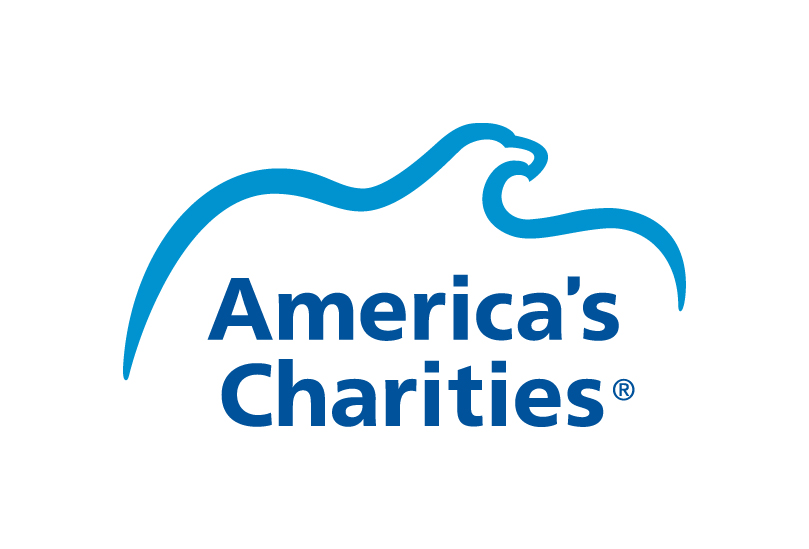Bridging Racial Inequities With an HBCU Education
Publicly supported HBCUs—TMCF’s member-schools—are the vehicle to change racial inequity.
This year has been historic in so many ways – a global pandemic, social unrest, and increased awareness of racial inequities and injustice. Many Americans want to help, but do not know what to do. Many have taken to the streets to join protests, but once those demonstrations are over, what will change? Where will opportunity emerge?
Thurgood Marshall College Fund (TMCF) – the largest national organization solely focused on supporting the Black College community – knows that the answer to racial inequity is education. Education has always been the key to economic and social mobility and equality. That is why it was illegal to teach a slave to read and write. That is also why schools for freed Blacks were created – even before the Civil War – to train Black teachers who would prepare Black children to thrive.
Those schools are today’s Historically Black Colleges and Universities (HBCUs), which continue to serve as a launching pad for Black students to succeed in careers and as leaders. HBCUs educate over 300,000 students, 85% of which are Black. Publicly supported HBCUs—TMCF’s member-schools—predominantly serve low-income students (over 72% are Pell Grant eligible, with $26,000 or lower family income), and first-generation college students (52%). On some TMCF member-school campuses nearly 90% of students receive Pell Grants. HBCUs are the vehicle to change racial inequity.
Black students yearn for a college education. According to the Gallup/TMCF State of Opportunity in America Report, 87% of Black fragile community members believe a college education is important or very important, but less than 20% believe they have access to one. That’s where TMCF comes in, creating college access through affordability with scholarships. Pell grants only cover about $6,300 in annual college expenses, but Sallie Mae estimates the average full cost to be around $26,000 per year for an in-state student at a public college.
Yet, Black students can’t succeed at an HBCU if they can’t afford to attend. The best remedy for racial inequity – a college education – is financially out of reach for most Black families. The top reason that HBCU students drop out of college is financial. That’s where TMCF comes in, providing critical scholarships to make sure that public HBCU students can begin, continue, and graduate college. TMCF Scholars annually post a 97% graduation rate – more than 20 points higher than the numbers yielded by the nation's most highly-selective HBCUs – and each completed college degree translates to an average $1,000,000 increase in lifetime earnings.
HBCUs punch above their weight in preparing Black undergraduates for future success. The National Science Foundation reports that HBCUs prepare Black students better for advanced science degrees than top majority institutions, by 64%. Public HBCUs also have high social mobility scores, supporting transitions from low-income to the middle class for graduates.
But, TMCF knows that it is not enough for HBCU students to graduate college. Many HBCU students do not have built-in mentoring systems to prepare them to succeed in careers – to teach them the unwritten rules. TMCF does. We develop HBCU talent so they can succeed after college in economically sustainable jobs and enter the middle class.
TMCF’s programs are the answer to racial inequality. Yet, we cannot do this alone. For each $1 in support TMCF awards, we have identified an additional $10 in need. Just as individuals left their homes to support Black lives, people can translate that activism to tangible action by contributing to TMCF, to help us prepare HBCU students to enter corporate careers and succeed in bringing equity to the workforce and decreasing economic disparities.
By supporting TMCF through a company’s Workplace Giving Campaign, the impact of each donation will yield lifelong dividends. For example, a $25 donation deducted automatically from each paycheck (26 pay periods) – adds up to $650 over the course of a year. With a matching gift from your employer, your gift of $25 per week becomes a $1,300 donation to TMCF to help our students. This amount makes an extraordinary difference for students who need just a few hundred dollars to fulfill the final financial requirements for graduation, those seeking support to maintain safe residence on or near campus, or to dedicate more time to studying and internships without the necessity of part-time employment.
Americans across the country want to help defeat racial inequities. You can make a difference with your Workplace Giving donation. You can help TMCF bridge the resource gap for Black College students, changing America today for a better tomorrow – one student at a time.
Dr. Harry L. Williams is the President & CEO of Thurgood Marshall College Fund (TMCF), the largest organization exclusively representing the Black College Community. Prior to joining TMCF, he was the president of TMCF member-school Delaware State University. Follow TMCF on Twitter at @tmcf_hbcu
Support TMCF through your employee giving program:
As a donor, you can support TMCF by donating to them through your employer’s workplace giving program (CFC#11691 if you're a military or federal employee participating in the Combined Federal Campaign). Payroll pledges made through employer-sponsored charitable giving programs represent a cost effective and near effortless way to support your favorite charities.
As TMCF's workplace giving partner, America’s Charities can help your company design and implement a program centered on supporting their work - through workplace giving campaigns, employee fundraising, cause-focused signature programs, volunteerism, donation drives, matching gifts, Dollars-for-Doers, In-Kind Giving and other employee engagement and philanthropic initiatives. Click here to request a demo and learn how we can help you do this.



